Ho Chi Minh City Professor Vo Van Toi, a biomedical engineering expert who has 40 years of research experience in the US, said that a monthly salary of 120 million VND is quite attractive to domestic researchers.
Professor Vo Van Toi expressed his support for the policy to attract scientific talent approved by the Ho Chi Minh City People's Council on November 11. This is considered a policy to motivate talented people to work with peace of mind.
According to this policy, leadership positions in public science and technology organizations will enjoy preferential income, up to 120 million VND per month. Specifically, there are 4 salary levels for heads and deputies: level 1 (120 million VND for heads and 100 million VND for deputies), level 2 (100 and 85 million), level 3 (80 and 65 million), level 4 (60 and 50 million). Each level has its own requirements for years of experience, number of topics, and degrees.
Professor Toi acknowledged that this income level is "not too high compared to foreign countries, but quite attractive to domestic researchers".
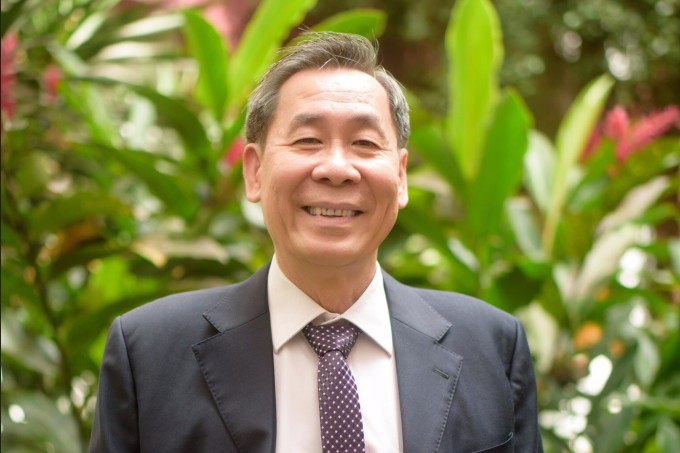
Professor Vo Van Toi, biomedical engineering expert. Photo: HCMIU
Dr. Trinh Xuan Thang, Deputy Director of the Research and Development Center, Ho Chi Minh City High-Tech Park, assessed that the maximum monthly salary of 120 million VND is quite high compared to the general level of the city and the whole country.
Compared to the salaries of top R&D experts of large corporations in the same position, the salaries are lower. The recruitment criteria of these companies are also lower than those of the city. However, "for scientists working in the public sector, this salary is high and attractive enough to attract them," he said. In the near future, Ho Chi Minh City needs to have income policies not only for scientists but also for other fields, contributing to the city's development.
However, there are still some concerns in evaluating effectiveness. Dr. Thang pointed out that in reality, the current mechanism for evaluating scientific and technological tasks is often based on the registration results, that is, on the characteristics and performance of the product. However, when researching new technology, the product of the topic may be different from the original registration. Therefore, it is necessary to consider evaluating the effectiveness of the topic based on the volume and quality of work.
In the long term, Dr. Thang said that the city can consider evaluating work performance each year. If scientists do not complete the work, the incentive level will be reduced, if they complete or exceed the target, they can be rewarded more. He suggested that research centers and units can allocate a portion of the profits from commercializing scientific and technological products to reward experts and scientists.
Professor Vo Van Toi acknowledged that the city had a policy to attract talented people to work with high salaries but it was not successful. He assessed that the reason was that it was only implemented in some public research units. More importantly, the city did not have a mechanism to retain scientists. "To retain talented people, it is not just about salary, but employers need to set a clear vision and targets to achieve that goal together with scientists," he said.
There are always risks in scientific research. To avoid wasting resources, he suggested that Ho Chi Minh City should build a testing mechanism (sandbox) so that scientists can work freely, and can go beyond current regulations. From a small successful test, there will be a basis for calculating larger-scale testing. With a testing mechanism combined with selecting the right talent to achieve the right goals, he believes that risks will be greatly reduced.
To retain scientists, when they do well, they need to be given a raise and better working conditions. On the contrary, when they do not complete the set goals, they can also be fired, according to market rules. This expert believes that a clear and transparent mechanism will help Ho Chi Minh City attract and retain talent.
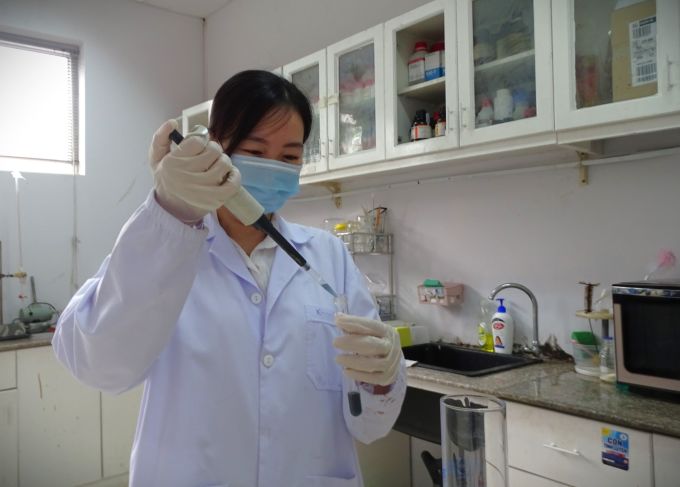
Scientists conduct nanotechnology experiments at the lab of the Research and Development Center, Ho Chi Minh City High-Tech Park. Photo: Ha An
Responding to VnExpress , Director of the Ho Chi Minh City Department of Science and Technology Nguyen Viet Dung said that, based on the preferential salary policy for scientists recently approved by the People's Council, the Department is submitting to the City People's Committee a project to support the formation of excellent research centers that reach international standards. In the near future, strong research units with the goal of becoming excellent centers will be guided on the implementation process. "The Department encourages units to proactively prepare research programs and specific plans to build excellent research centers. When we announce the selection, units will proactively submit proposals," said Mr. Dung.
Ha An
Source link







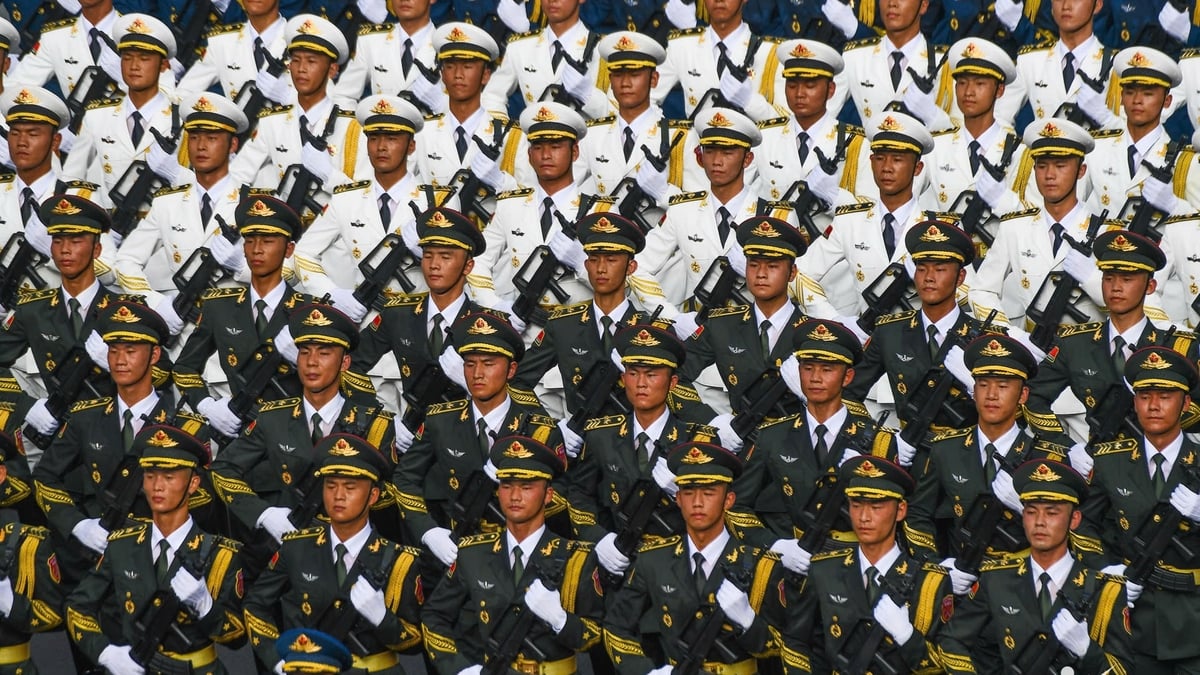

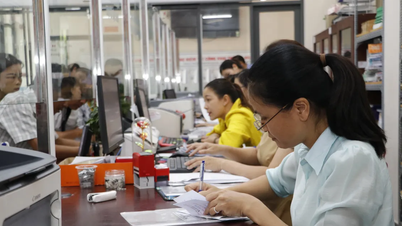




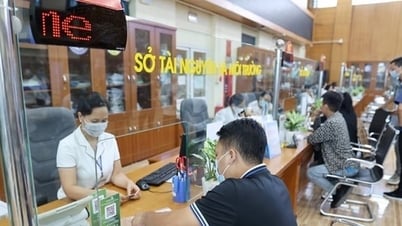



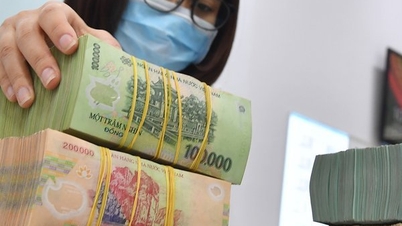






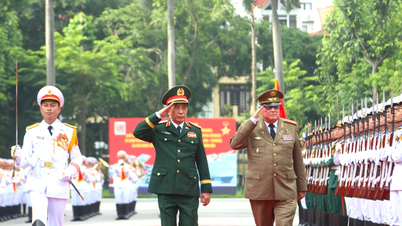











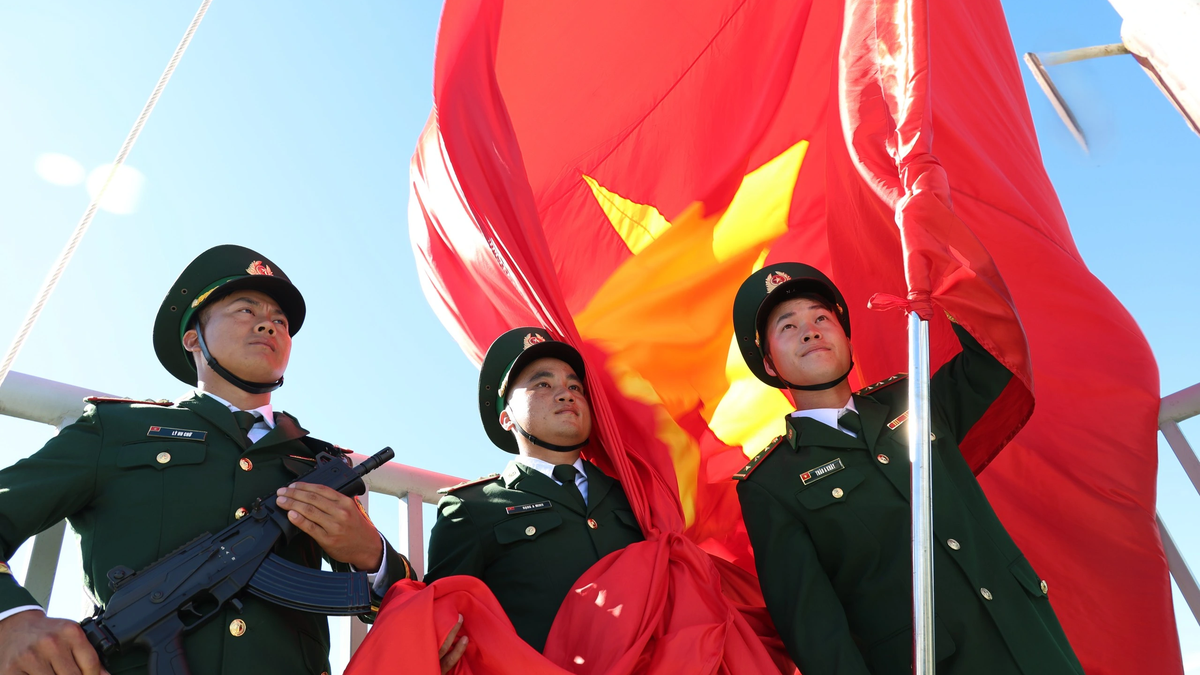










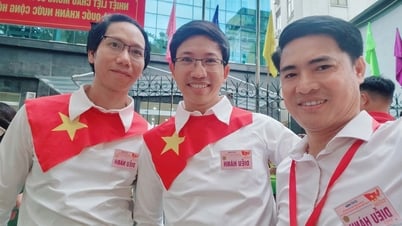








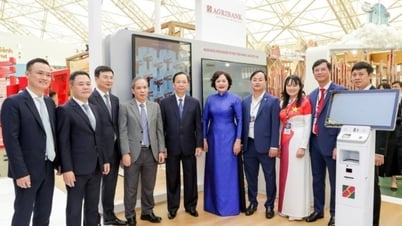


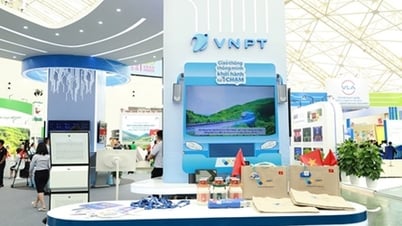





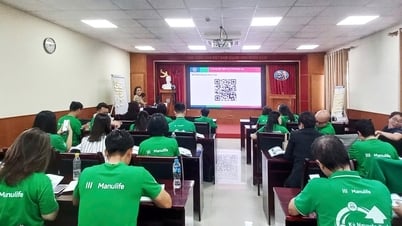
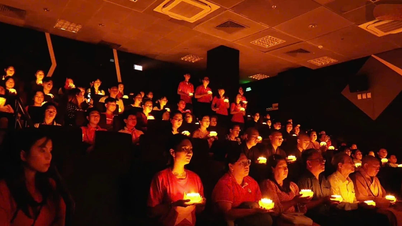
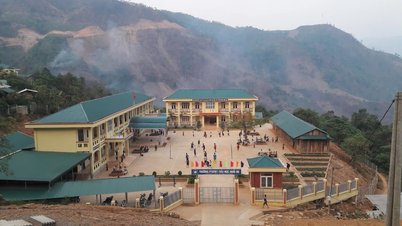
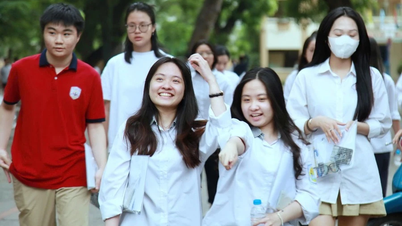




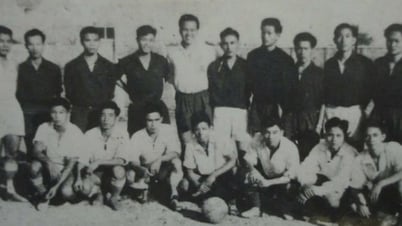


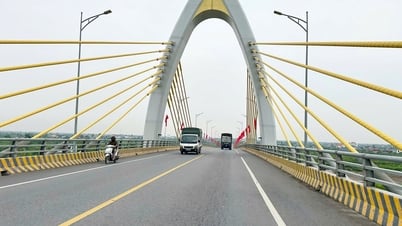




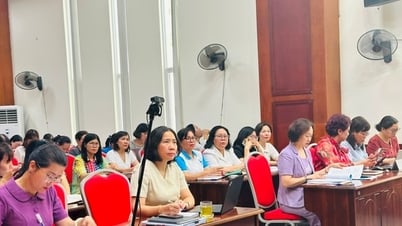


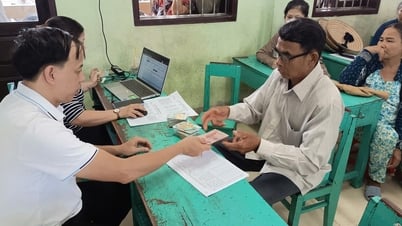





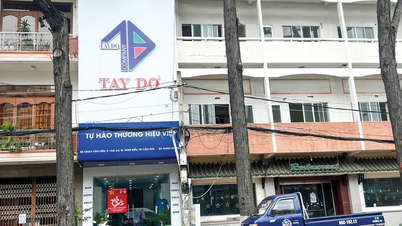



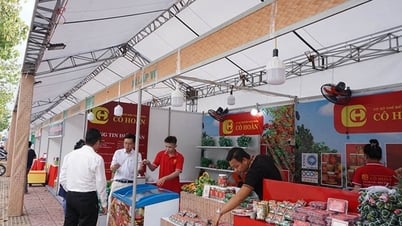







Comment (0)